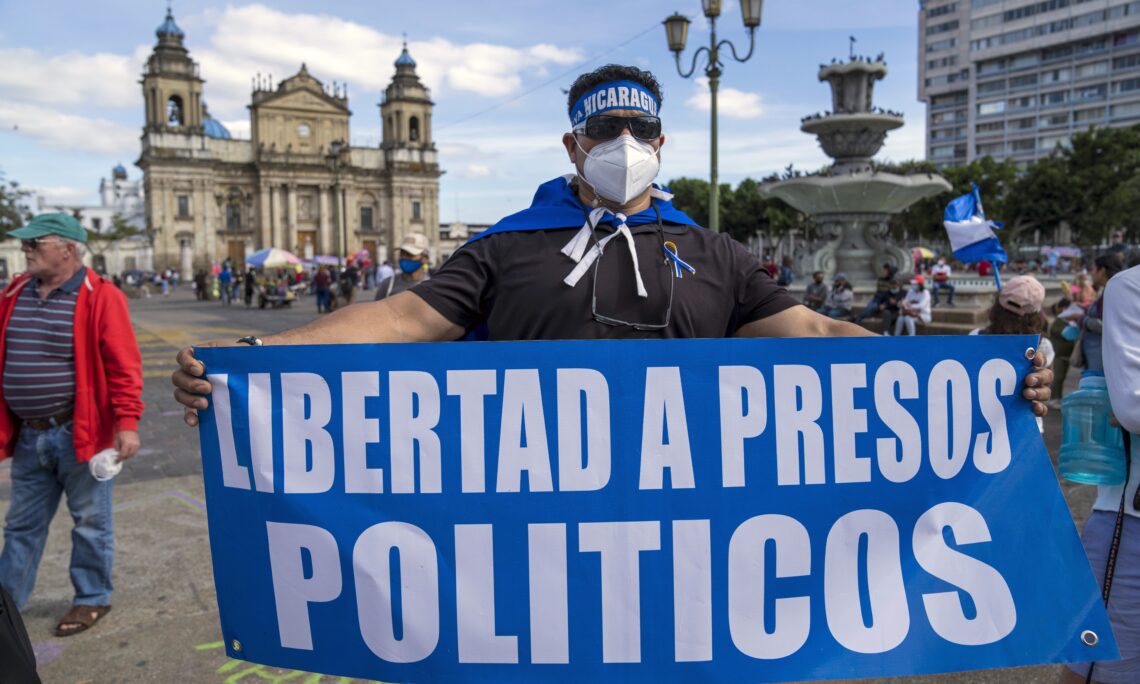MEXICO CITY, (Reuters) – The Organization of American States (OAS) today adopted a resolution criticizing Nicaragua’s presidential elections, panning President Daniel Ortega’s electoral victory over the weekend as unfair and urging future action.
Ortega clinched a fourth consecutive term in office on Sunday after jailing political rivals ahead of a vote that U.S. President Joe Biden termed a “a pantomime election that was neither free nor fair, and most certainly not democratic.”
In a vote by the OAS Permanent Council, 25 nations, including Guyana, voted in favour of the resolution and seven member states abstained, including Mexico, Honduras and Bolivia.
The resolution states the Nov. 7 elections were “not free, fair or transparent and lack democratic legitimacy.”
It also instructs the Permanent Council to undertake an assessment of the situation and to “take appropriate action”, without specifying what that would be.
Nicaragua’s government rejected the accusations.
“We have witnessed another attack against the free, dignified and sovereign people of Nicaragua, which will go down in history as one of the worst aggressions against democracy,” said Michael Campbell, Nicaragua’s representative in the OAS.
Previous efforts by the OAS to pressure Nicaragua’s government to embark on a more democratic path have yielded almost no results, with Ortega consolidating his power and locking up all his presidential opponents.
The resolution received 25 votes in favor (Argentina, Barbados, Antigua and Barbuda, Brazil, Canada, Chile, Colombia, Costa Rica, Grenada, Guatemala, Dominican Republic, Ecuador, El Salvador, Guyana, Haiti, Jamaica, Panama, Paraguay, Peru, Suriname, The Bahamas, Trinidad and Tobago, Uruguay, United States, and Venezuela; 7 abstentions (Belize, Bolivia, Dominica, Honduras, Mexico, St. Lucia, and St. Vincent and the Grenadines; 1 against (Nicaragua); and 1 absent (St. Kitts and Nevis.)






